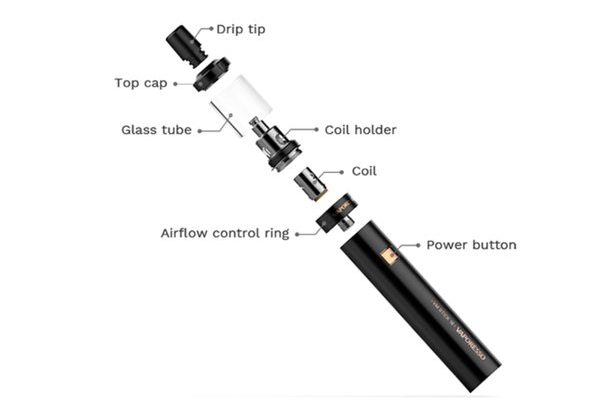Understanding Juul: What is it, How Does it Work, and Is it Safe?

Juul, a popular e-cigarette brand, has gained significant attention in recent years as an alternative to smoking. This article aims to explore what Juul is, how it works, and whether it’s a safe option.
What is Juul?
Juul is a type of electronic cigarette (e-cigarette) that vaporizes a liquid solution known as e-liquid or vape juice. The device is compact, sleek, and resembles a USB flash drive, which makes it discreet and appealing to users. Juuls are battery-powered devices that contain nicotine and other chemicals when used with the company’s proprietary pods.
How Does it Work?
A Juul device consists of two parts – the battery and the pod. The pod contains the e-liquid with nicotine salts extracted from tobacco leaves, along with other additives like propylene glycol, glycerin, and flavorings. The battery powers a small heating element inside the pod that converts the e-liquid into an aerosol. Users inhale this aerosol through a mouthpiece at the top of the device.
When a user takes a puff from the Juul device, an airflow sensor activates the heating element inside. This heats up the e-liquid solution in the pod to produce vapor. When inhaled, the nicotine enters into users’ bloodstream through their lungs.
Is It Safe?
The safety of using Juul and other e-cigarettes has been widely debated. Proponents argue that these devices provide a less harmful alternative to traditional cigarettes since they don’t contain many toxic substances found in combustible cigarettes.
However, there are still concerns about their safety. A primary concern with e-cigarettes is that they deliver high levels of nicotine – sometimes even more than traditional cigarettes. High nicotine levels can lead to addiction and pose health risks, especially for young people whose brains are still developing.
Juul products are not FDA-approved as smoking cessation tools. As a result, there’s limited evidence to support the claim that they offer a harm-reduction approach to quitting smoking. Moreover, there have been reports of health issues linked to vaping, such as lung injury and respiratory problems.
In conclusion, while Juul may be considered a less toxic alternative to traditional cigarettes, its safety remains a subject of debate. It is crucial for users to understand the potential risks associated with e-cigarettes and make informed decisions about their use.






